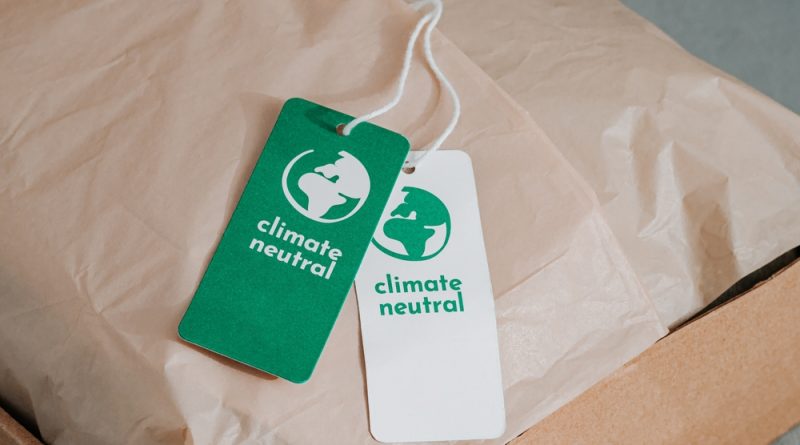Top 10 supply chain ethics to follow
In recent years, the topic of supply chain ethics has become increasingly important for businesses and consumers alike. With growing awareness about the impact of global supply chains on wider society, the environment, and human rights, it’s crucial for organizations to prioritize ethical practices throughout their supply chain. So, what are the top ten supply chain ethics to follow?
1. Transparency
At the top of our list, transparency is one of the most significant aspects of ethical supply chain management. Organizations must be open and honest about their practices, suppliers, and the impacts of their supply chains on people and the environment in order to grain credibility and build a relationship of trust with their customers.
2. Human rights
Businesses across the globe must ensure that their suppliers are respecting human rights and treating workers fairly at all stages of the supply chain. With a damning increase in modern slavery in recent years, all companies worldwide must confirm that employees have fair wages, safe working conditions, and prohibit forced or child labor.
3. Environmental responsibility
With climate crisis on the horizon, organizations must now prioritize environmental responsibility at all stages of the supply chain. This includes minimizing waste, sourcing materials sustainably, adopting renewable energy sources, or reducing carbon footprint, including reducing Scope 3 emissions.
4. Social responsibility
Companies are not only responsible for their employees, but also for the communities and regions in which they operate. To embrace their social responsibilities, organizations must ensure their operations don’t have a negative social impact. To more actively address social responsibility, companies can participate in schemes that give back to communities in some way or support local businesses and economies.
5. Anti-corruption
The principal of supply chain ethics requires companies to have a zero-tolerance policy for corruption, bribery, and other unethical practices. This includes vetting suppliers and vendors to confirm that they adhere to strict ethical standards.
6. Fair trade
All organizations should adopt fair trade practices across their supply chains by paying fair prices to suppliers at the bottom of the chain, enabling them to receive a fair share of the profits. The significance of fair trade methods varies across industries; it is crucial in the chocolate or coffee market, for example, but regardless, all companies can support fair trade organizations and enterprises.
7. Ethical sourcing
It goes without saying that businesses must be certain that they are sourcing materials and products from ethical suppliers. For instance, suppliers should not engage in any illegal or unethical activities, including the use of conflict materials.
8. Animal welfare
Ethical supply chain management means companies should analyze animal welfare throughout their supply chain. For instance, suppliers should not engage in any practices that cause animal suffering, such as animal testing, and should encourage better livestock management in their supply chain where relevant.
9. Supply chain security
In order to prevent theft, fraud, and other security breaches, supply chain security must be taken seriously by all companies. This includes implementing strict security measures and completing checks on vendors to ensure they are reputable and trustworthy.
10. Continuous improvement
Lastly, ethical supply chain management is not something that can be achieved overnight. Instead, it requires organizations to continuously monitor and improve their practices. Companies must commit to regular audits of suppliers, for example, or ongoing education and training across supply chains.
Embracing ethical supply chain practices is not just a moral imperative but also a strategic necessity in today’s interconnected world. As organizations continue to prioritize ethical considerations throughout their supply chains, they pave the way for a brighter, more responsible future for both business and society.
